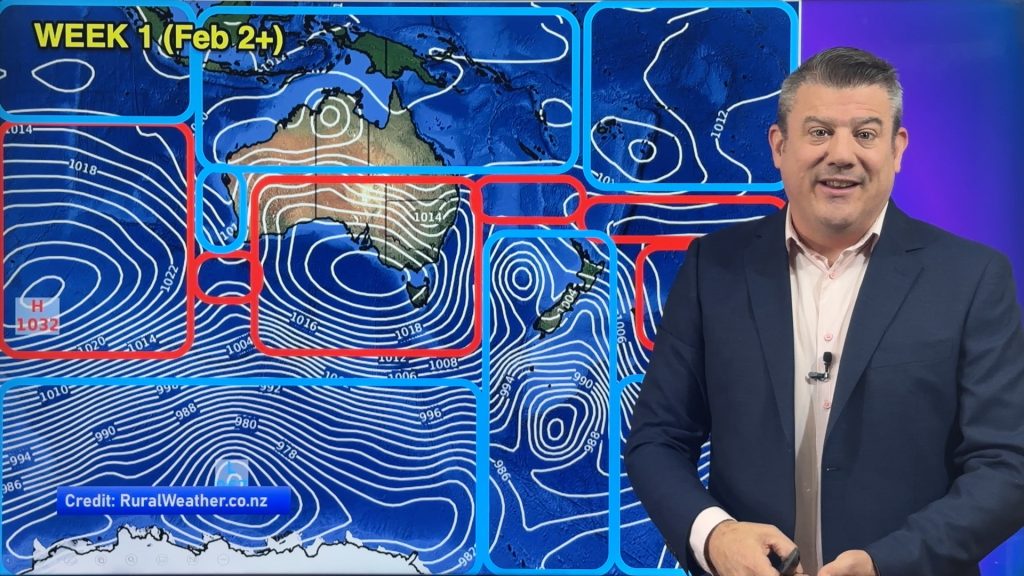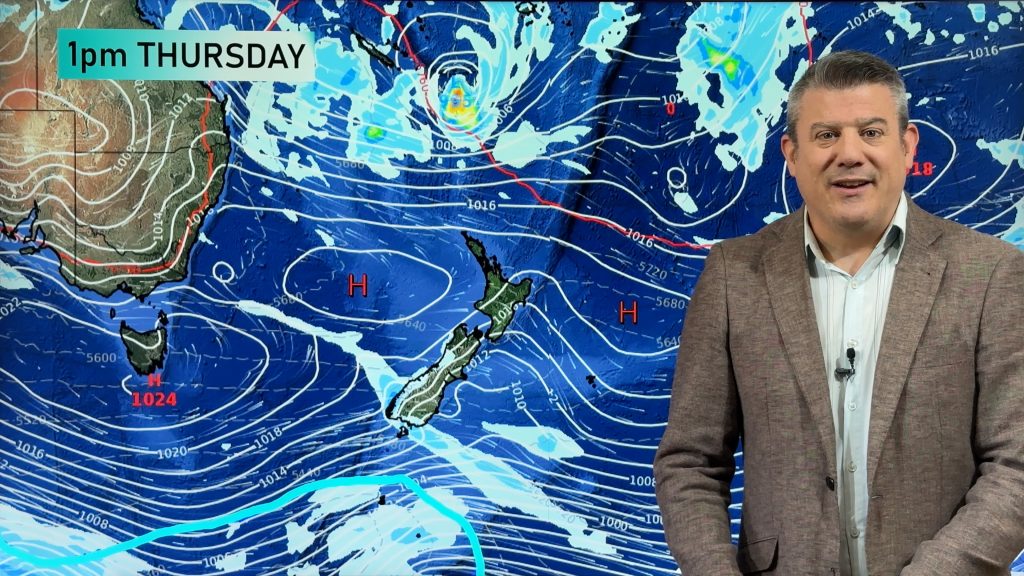
> From the WeatherWatch archives
The huge impact of climate change will be laid bare at the end of this month when the UN publishes its most authoritative account so far into the misery likely to be inflicted by unchecked global warming.
According to a final draft version of the report, seen by The Independent, climate change is set to have a devastating impact on everything from human health, social stability and food security to the economy, ecosystems and water resources by the end of this century.
Coastal systems and low-lying areas
The report predicts that by the end of the century hundreds of millions of people will be affected by coastal flooding and displaced due to land loss. The majority affected will be in East Asia, South-east Asia and South Asia. Rising sea levels mean coastal systems and low-lying areas will increasingly experience submergence, coastal flooding and coastal erosion.
Food security
Relatively low local temperature increases of 1C or more above pre-industralised levels are projected to negatively impact yields of major crops such as wheat, rice and maize in tropical and temperate regions. The report forecasts that climate change will reduce median yields by up to 2 per cent per decade for the rest of the century – against a backdrop of rising demand that is set to increase by 14 per cent per decade until 2050.
Global economy
A global mean temperature increase of 2.5C above pre-industrial levels may lead to global aggregate economic losses of between 0.2 and 2.0 per cent, the report warns. Global GDP was $71.8trn (43.1trn) in 2012, meaning a 2 per cent reduction would wipe $1.4trn off the world’s economic output that year.
Human health
Until mid-century, climate change will impact human health mainly by exacerbating problems that already exist, the report says. Climate change will lead to increases in ill-health in many regions, with examples including a greater likelihood of injury, disease and death due to more intense heatwaves and fires; increased likelihood of under-nutrition; and increased risks from food and water-borne diseases. Without accelerated investment in planned adaptations, climate change by 2050 would increase the number of undernourished children under the age of 5 by 20-25 million globally, or by 17-22 per cent, it says.
Human security
Climate change over the 21st century will have a significant impact on forms of migration that compromise human security, the report states. For example, it indirectly increases the risks from violent conflict in the form of civil war, inter-group violence and violent protests by exacerbating well-established drivers of these conflicts such as poverty and economic shocks.
Small-island states and other places highly vulnerable to sea-level rise face major challenges to their territorial integrity. Some transboundary impacts of climate change, such as changes in sea ice, shared water resources and migration of fish stocks have the potential to increase rivalry among states.
Freshwater resources
The draft of the report says freshwater-related risks of climate change increase significantly with increasing greenhouse gas emissions. It finds that climate change will reduce renewable surface water and groundwater resources significantly in most dry subtropical regions, exacerbating the competition for water. Terrestrial and freshwater species will also face an increased extinction risk under projected climate change during and beyond the 21st century.
– THE INDEPENDENT/NZ Herald
Comments
Before you add a new comment, take note this story was published on 18 Mar 2014.





Add new comment
Lee Sloper on 19/03/2014 2:41am
Because NZ is so orographic it will experience a very different form of climate change, separate from the rest of the world. Overseas models can’t be used for NZ. I wish NIWA would write more on what it means for NZ and why it will be so different here, and where it is at right now. Rather than just hellfire scary 2030, it needs to be a staggered explanation, so people can relate it to what is happening now.
To any Climate Change deniers, come here in a winter or during a Westerly trough, and I’ll gladly take you on a field trip … particularly during the Westerlies. You’ll be gobsmacked at what you see.
Reply
David on 19/03/2014 12:28am
Greenpeace Co-founder, Patrick Moore, February 26, 2014…”There is no evidence that human activity is causing the planet to warm according to Greenpeace co-founder, Patrick Moore, who testified in front of a Senate committee on Tuesday. Moore argued that the current argument that the burning of fossil fuels is driving global warming over the past century lacks scientific eveidence.
He added that the Earth is an an unusually cold period and some warming would be a good thing…”There is no scientific proof that human emissions of carbon dioxide (CO2) are the dominant cause of the minor warming of earth’s atmosphere over the past 100 years.”
“Today we live in an unusually cold period in the history of life on Earth and there is no reason to believe that a warmer climate would be anything but beneficial for humans and the majority of other species.”
Reply
Paul on 19/03/2014 5:07am
He didn’t co-found Greenpeace and doesn’t represent Greenpeace at all. All he represents are the polluting industries.
http://www.greenpeace.org/international/en/about/history/Patrick-Moore-background-information/
Reply
David on 19/03/2014 7:10am
Paul of Balony, obvious empathizer of the Greenpeace lobby, or do i side with The Daily Caller. I will go with The daily Caller, any day thank you, as i am no tree hugger or part of the NWO 8-D.
http://dailycaller.com/2014/02/25/greenpeace-co-founder-no-scientific-evidence-of-man-made-global-warming/#ixzz2uRF3MdvA
Reply
kiwi_guy on 20/03/2014 1:04am
This Is Not The First Time Moore Has Used Misleading Claims To Deny Climate Change. Moore
has denied climate change since at least 2007. In May 2007, Moore cited
the debunked “Oregon Petition” to dismiss the scientific consensus on
climate change in an interview with Glenn Beck. But the petition
gathered the signatures of more than 18,000 so-called “scientists,” many
of which were fake and the vast majority of which were not climate
experts (the petition counts anyone with a bachelor’s degree in various
fields including computer science and statistics as a “scientist”).
http://mediamatters.org/research/2014/02/27/who-is-patrick-moore-a-look-at-the-former-green/198266
Reply
David on 20/03/2014 8:15am
for all the world to see…https://www.youtube.com/watch?v=1_b8WXowpSA#t=63
Reply
GuestNicholas on 18/03/2014 9:16pm
Given that you re-posted the independent/nzherald article, am I to believe that you agree that:
1. there is climate change?
2. it is anthroprogenic?
kind regards
Nicholas
0211346501
Reply
WW Forecast Team on 19/03/2014 12:31am
It’s just a news story like any other news service we provide.
WW
Reply